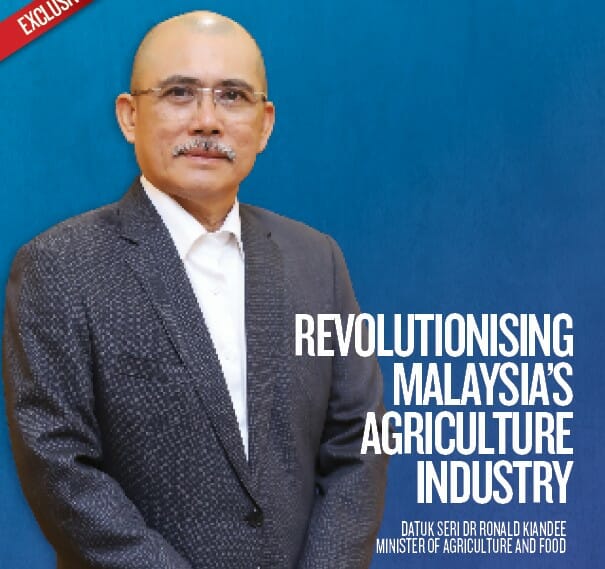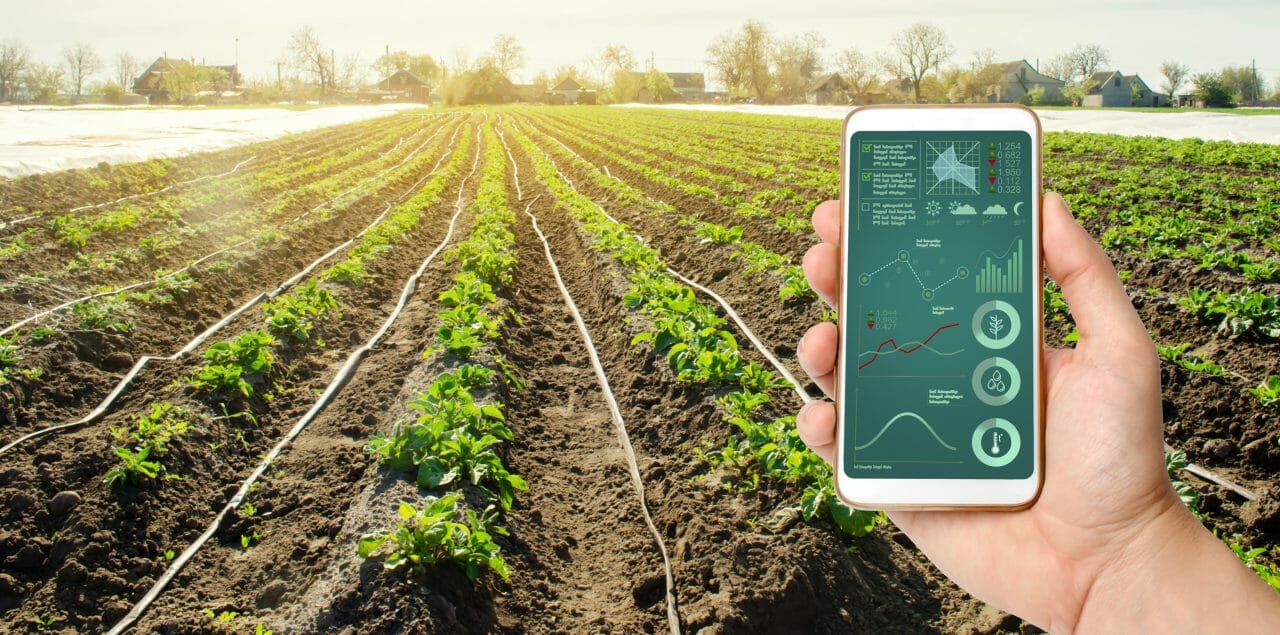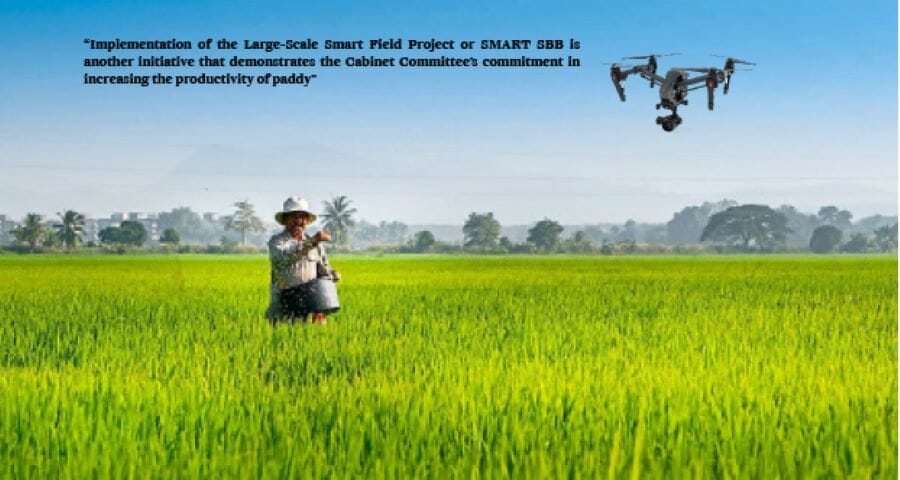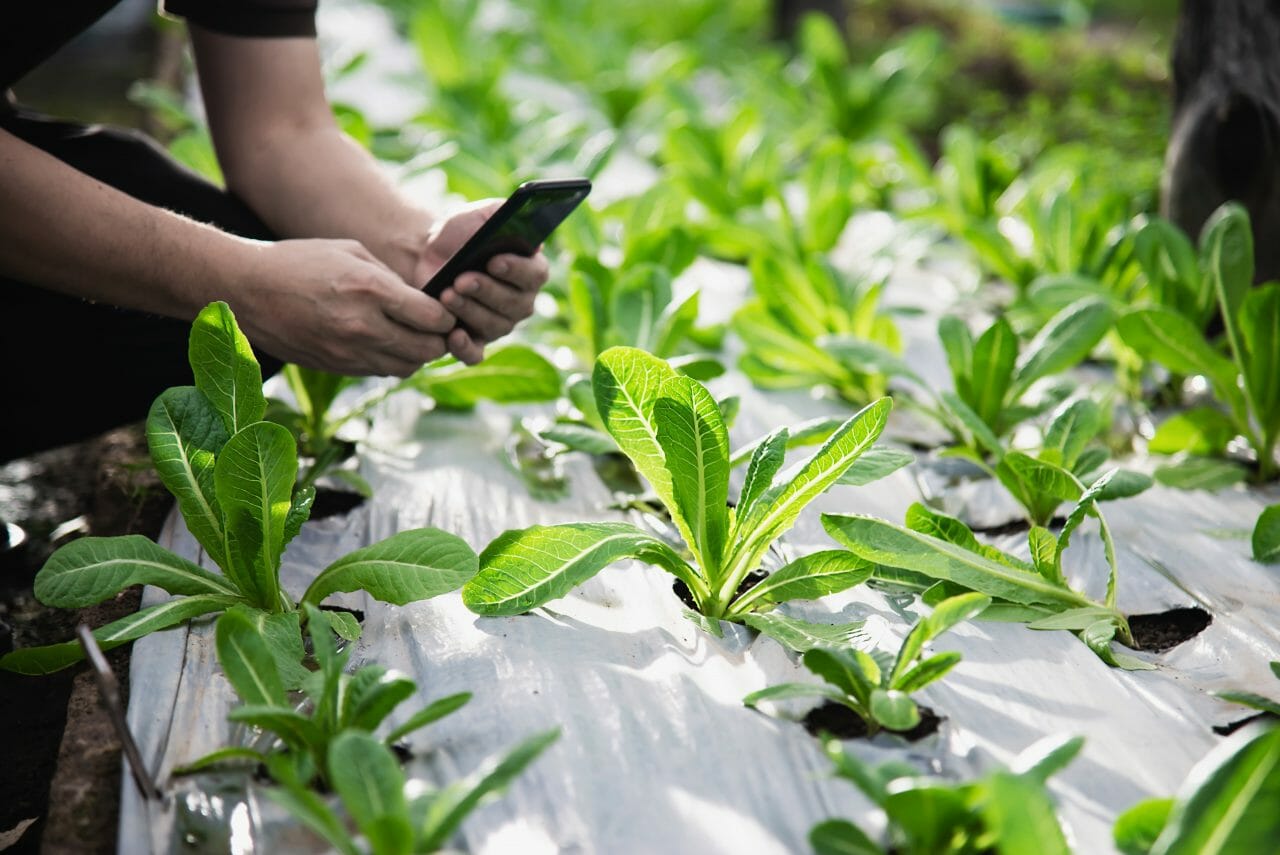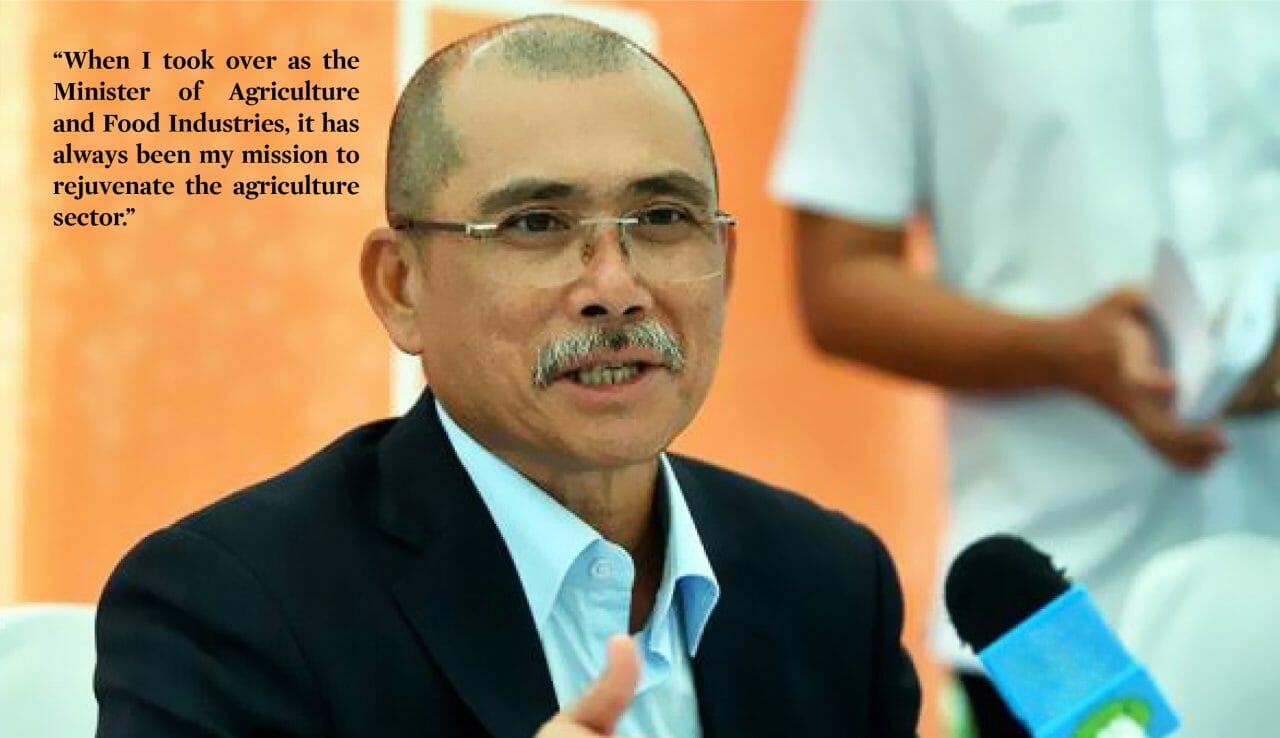According to the World bank, an increasing number of countries are facing growing levelsof acute food insecurity, reversing years of
development gains. Even before the pandemic had affect incomes and disrupted supply chains, acute hunger was already on the rise due to various factors.
The arrival of the pandemic had only led to more severe situations which included widespread increases in global food security. Closer to home, the Ministry of Agriculture and Food Industries (MAFI) is implementing a series of measures to prevent a more drastic turn in events related to food security.
The Cabinet Committee on Food Security Policy (FSCC) which was established on March 25, 2020, had been tasked with identifying issues that are pertinent to food security and develop policy, strategies and action plans to strengthen the national food security and food supply chain.
To support the FSCC in achieving its goal, the Executive Committee on National Food Security Policy was formed as the coordinating committee to execute the mandate of the Cabinet Committee in upholding the resilience of the food system.
“The first challenge that the Committee was set to tackle is the productivity of food production. Specifically, the Committee was looking into increasing the ability and capacity to produce food locally,” says MAFI Minister Datuk Seri Dr Ronald Kiandee.
In doing so, the Committee had for instance given its approval in principle to the creation of a dedicated board to overcome the underlying challenges within the ruminant sector.
Currently, the Ministry is actively engaging various parties to create the best business model for the board’s operation. Other than that, the implementation of the Large-Scale Smart Field Project or SMART SBB is another initiative that demonstrates the Cabinet Committee’s commitment in increasing the productivity of paddy and facilitate the involvement of the private sector in the food system.
Under the SMART SBB project, 11 companies will collaborate to develop paddy cultivation with a target of 150,000 hectares and this will be achieved through contract farming and renting.
The project is expected to contribute towards reducing the Government’s financial liabilities in terms of subsidised agricultural input in the long term, as well as introducing a new approach in the industry through the concept of modern agriculture with the implementation of land profile systems and smart agriculture.
Furthermore, four Food Security Clusters have been established across ministries and agencies to monitor and recommend solutions to fulfill the need to improve the country’s food security. The Cluster’s role evolves around the main tenets of food security namely availability, accessibility and utilisation of food, which is strongly connected to stability and sustainability of food system.
KEEPING MALAYSIANS FED
“MAFI is committed in ensuring that Malaysians could enjoy adequate food on their table either through local production or import. However, the Covid-19 crisis is unprecedented since it affects not only the food supply but the supply chain as well,” Kiandee says.
“If we look at the country’s economic performance for 2020, during the Movement Control Order’s period in effect, the food sector recorded positive growth compared to other sectors with a growth of 2.3%. This shows that the food sector continued to operate in ensuring the country’s food supply remained sufficient and secured,” he added.
When the pandemic started, the immediate and initial step taken by MAFI was the establishment of the Crisis Management Center (CMC) which operated daily. Simultaneously, the Ministry created a daily supply monitoring mechanism and system to monitor the situation of food supply and the supply chain.
This allowed MAFI to detect any disruption early and the officers would take immediate intervention to address and solve the issue.
“With the help and cooperation from MITI, MAFI ensured that our community of farmers, livestock breeders, fishermen and food industry entrepreneurs continued to operate during the MCO. Furthermore, our Pasar Segar Terkawal (PST) in major locations across Malaysia was also allowed to operate during the MCO period and ensuring the access to food supply is not disrupted,” Kiandee tells BusinessToday.
In efforts to increase marketing and sales, MAFI leveraged on existing e-commerce platforms such as Agrobazaar Online, Nekmat Biz, Shopee and Lazada.
KEY FOCUS AREAS
For Malaysia to become self-reliant in terms of food security, MAFI identified several key focus areas to improve the production of food. These included enhancing the application of modern technologies such as smart agriculture mechanisation and automation and the development of integrated data systems in line with the Industrial Revolution 4.0 (IR4.0).
The Ministry also points out the need to optimise the use of agricultural land to increase productivity including the development of unused land, consolidated land management and farm integration. Other key focus areas also include enhancing the effectiveness of the agrofood value chain through research & development, commercialisation and innovation, prioritising food safety and quality and the development of agricultural inputs.
The Ministry is also looking to strengthen the development of specialised industries including paddy, vegetables, fruits and ruminants, fisheries and high value agricultural products to develop high value agricultural industries that can create economic opportunities for the people.
According to Kiandee, MAFI has incorporated all these key focus areas under the 12th Malaysian Plan and the National Agrofood Policy 2.0 (2021-2030) (NAP 2.0) which is currently in the final stage of drafting.
“With these focus areas, Malaysia’s food industry aspires to become self-reliant and at the same time contribute to the growth of national economy.”
GETTING YOUNGER MALAYSIANS ONBOARD
The Ministry is also looking to encourage the younger generation to explore opportunities to generate income through agriculture entrepreneurship. The Young Agropreneur Programme is a special initiative under MAFI that is specifically designed to attract the younger generation who are interested in exploring the potential of the agriculture sector.
“The approach of this programme is to facilitate and encourage our youth to participate in agriculture-based entrepreneurship which includes all agriculture sectors namely crops, fisheries, livestock and food processing,” Kiandee says.
Since 2016, 7,114 youth have received the Young Agropreneur Grant worth RM126 million. In 2020, the Ministry increased the participation of youth in agriculture with 1,149 youth receiving grants worth RM21.74 million compared to 750 youth in 2019 and 785 youth in 2018.
For 2021, RM15 million has been allocated for the grant, with RM4.08 million already disbursed to RM204
young agropreneurs.
“We have also launched the Agro-Youth Entrepreneur Scheme (Agro-YES) this year to help young agropreneurs to expend their current agriculture project. We have taken proactive steps to rebrand the loan programme under the Young Agropreneur Programme to Agro- YES to reduce the chain of bureaucracy and time taken applying for the loan,” Kiandee tells BusinessToday.
The loan amount has also been increased to RM500,000 compared to RM200,000 previously. A sum of RM21 million has been allocated in March 2021 for this program, Agrobank has disbursed all the loan under Agro-YES to 104 young agropreneurs.
To date, 95 percent of participating young agropreneurs are still active throughout the country, having managed to increase their income for more than 50 percent after they received the grant.
VISION AND MISSION
“When I took over as the Minister of Agriculture and Food Industries, it has always been my mission to rejuvenate the agriculture sector. In doing so, I sought to engage all of our agrofood producers including our farmers and fishermen in this important mission
towards improving our food security in order improve food availability, availability, quality and resilience,” the Minister says.
He further highlights that his Ministry has always encouraged mechanisation and automation using modern technologies in agriculture to not only improve their food production but to also reduce the industry’s dependency on foreign labour which remains one of the major challenges in this sector.
While he acknowledges that there are concerns that agriculture in Malaysia is a traditional and aging sector, Kiandee says he would like to see more participation among the youth in the agriculture sector.
“I believe they are the main drivers of change, and we owe some of the recent innovations in the agriculture to their creativity and knack for innovation.
“The income of food producers and the competitiveness of the agrofood sector is another challenge that should be addressed, for the sustenance of food systems, precisely to retain the food producers in the system,” he says.
“It is my hope that the agrofood sector will be strongly driven by modernisation through mechanization and technology adoption to increase the contribution of total agriculture to the country’s GDP,” Kiandee concludes.


